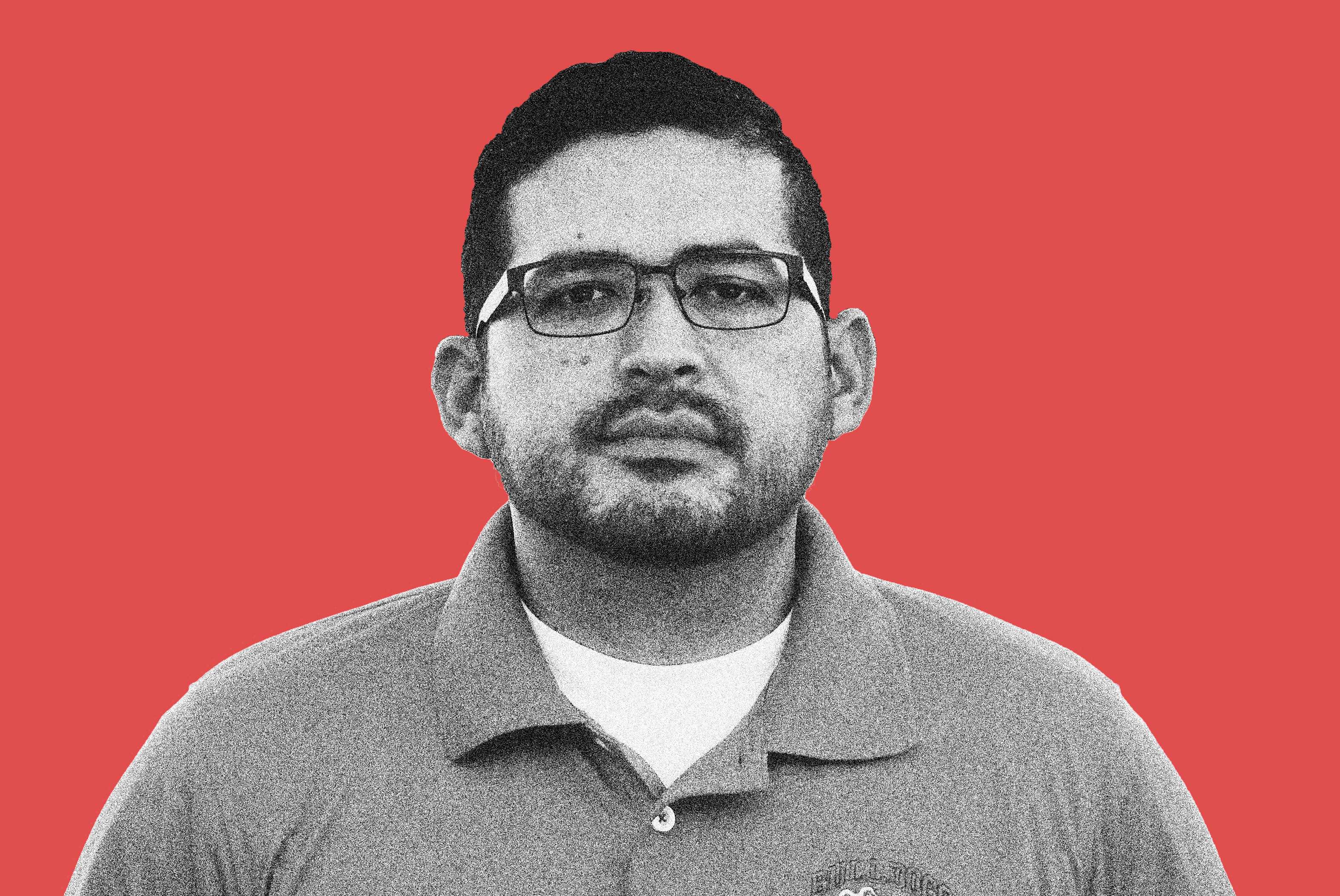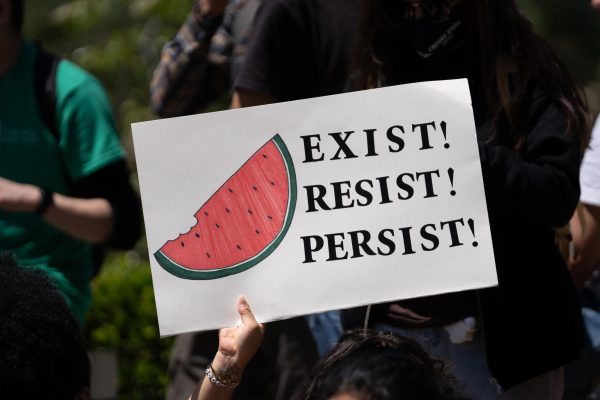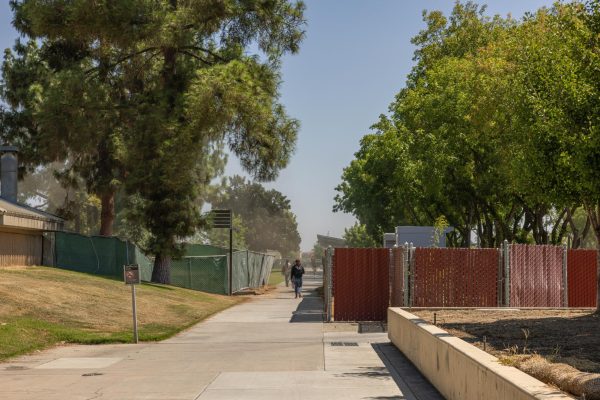Changing Minds: Graduate student’s thesis challenges views on sex offender laws
Nov 27, 2018
A California law that will go into effect in 2021 is set to bring about the most sweeping changes ever to sex offender laws in the state.
SB384 will allow most sex offenders to petition to be removed from the public registries in 10 to 20 years after they are released from prison, as long as they have not committed another serious or violent felony.
The new law will work in a way that assesses a sex offender’s risk of re-offending. The new law will work as a tier system, with the first tier allowing people convicted of crimes like misdemeanor sexual battery, misdemeanor possession of child pornography and indecent exposure to petition to be removed from the registry after 10 years. The second tier would require sex offenders to register for a minimum of 20 years. And the third tier, for more violent offenders, would still be a lifetime registry.
California is one of four states in the country with a lifetime registration law and it’s estimated that 100,000 people are on the list. With major changes coming to the law, it’s evident that attitudes toward sex offenders may be shifting. Lawmakers and experts alike appear to agree that pushing for more balanced punishment could make the justice system fairer and make better use of state resources. Gov. Jerry Brown has signed the bill, and the state will soon see the effects of the new law.
Meantime, different public attitudes on the controversial issue remain — whether some view the current punishment is already fair or if the incoming law will address what some view as disproportionate retribution.

Those very questions were at the center of a study done for a graduate thesis by a Fresno State student. Eric Galeana surveyed more than 400 students on campus in spring 2018 to test whether their attitude on sex offender laws could be changed by providing expert information on current law and what experts view as better solutions than the lifetime registry, such as prevention and rehabilitation.
“It was three different things that we tried to hit on,” Galeana said. “The first was to establish how (survey respondents) felt about sex offenders … the second was gathering some information on current California legislation … and the third point that we wanted to see was to incorporate the educational video produced by one of the boards that works with sex offenders.”
Galeana said the survey was designed in a way to try to find whether there was any significant difference in students’ views before and after they were shown an educational video on sex offenders and after respondents answered a set of survey questions twice.
Overall, Galeana found, students were more open to the incoming law that breaks down punishment rather than the current lifetime registry that brings with it little chance for a convicted sex offender to ever erase that label. Galeana’s survey also found that testimonies from experts in the criminal justice and advocacy field helped students form more lenient views toward sex offenders.
When Galeana wrote the survey, he hadn’t been aware that the law was about to change in the state Capital, but he said he had a general idea that such a law had been introduced. He said it was a surprise to him when the law was signed, mostly because his study had found the young undergraduate students who were surveyed were in favor of much of what the new law will bring.
“What we saw was that a lot of them were harsh on sex offenders. A lot of them still had this mentality that sex offenders are bad, they need to be locked away,” Galeana said. “After the video, we provided the survey again, and they started to change their answers. That’s where we saw that they were being not as harsh to sex offenders and that they were more for providing rehabilitation.”
Galeana’s takeaway from his study is what some may see as the obvious — providing factual information with a neutral delivery can actually educate the public on policies. His survey also tested students’ consumption of media in order to determine the level of influence those habits may have on their views on sex offenders and laws.
The students who were surveyed all came from the criminology department with permission from professors in 14 classes. Galeana’s questions were all approved by the university’s Institutional Review Board, he said.Galeana’s project was the first work from Fresno State’s new Forensic Behavioral Sciences (BFS) Lab.
Dr. Allen Azizian, a leading researcher at Fresno State on treatment and assessment of sexual offenders, was as surprised as Galeana when the survey responses were reviewed.
“If you present information factually in a neutral way, you can get people to think differently about these beliefs that they’ve held for a long time,” said Azizian, who supervised the study.
Azizian has researched sex offender rehabilitation and laws for about 11 years. This was his second year supervising student theses. He said Galeana’s thesis is one of the first that looked at public attitudes on a topic that is intensely debated. With a topic as polarizing as sex offender laws, Azizian said the recipe for civil discourse around the topic was simple.
“You have to take people’s sensitivity toward political topics into consideration when you want to get them to think of the alternative point of view,” Azizian said.
The video at the center of Galeana’s study includes criminal justice prosecutors and victim advocates who, according to Azizian, “pretty much agree on the basics.” Those basics include that the lifetime registry may no longer be an adequate choice for punishment when the chance of sex offenders re-offending is between 7 to 15 percent, Azizian said. He added that changing the law will help prosecutors and the justice system focus their resources more efficiently.
“The tier system will help to classify people and help law enforcement to direct their energy and resources toward people who are really high risk,” Azizian said.
Galeana’s study has gotten recognition beyond Fresno State, and it’s one Azizian concluded can set the example for how other theses can be done. Even more, Azizian said Galeana’s thesis can set the pace for more evidence-based policy. The state board behind the video that Galeana used in his study has shown interest in having Galeana’s study published in a public policy journal, according to Azizian.
“Eric’s study, I think, speaks volumes that on a very hot topic, a fair number of people, on a significant level, changed their points of view about lifetime registration,” Azizian said.

















